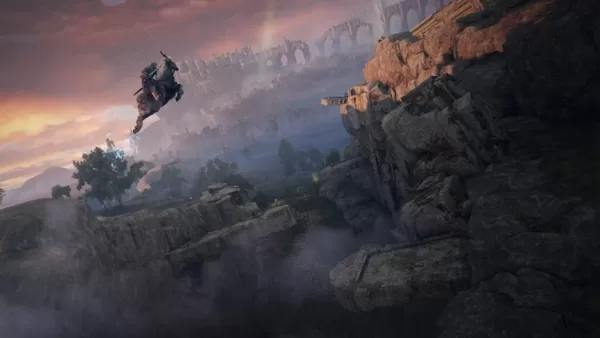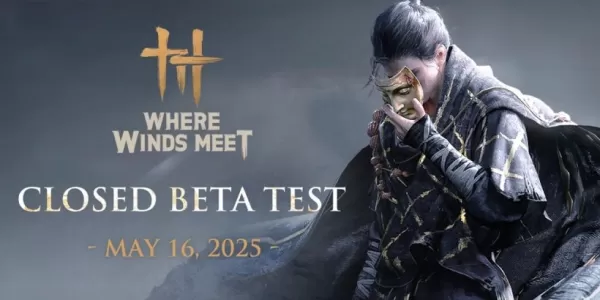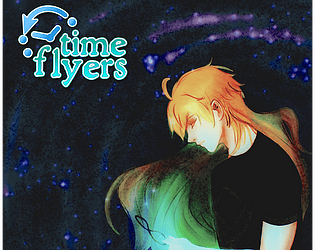Open-world games were once dominated by checklists, with maps littered with markers and mini-maps dictating every move, making objectives feel more like chores than adventures. Then came Elden Ring from FromSoftware, which tossed aside the conventional playbook, eliminated the hand-holding, and offered players something unique: true freedom.
In partnership with Eneba, we're diving into how Elden Ring has transformed the genre and why you should take notice.
A World That Doesn’t Beg for Your Attention
Traditional open-world games constantly vie for your attention with pop-ups and reminders of where to go and what to do. Elden Ring, however, takes a different approach—it whispers. It unveils a vast, enigmatic world and encourages you to explore it at your own pace.
There are no intrusive UI elements demanding your focus. Instead, your curiosity becomes your compass. If something on the horizon catches your eye, go explore. You might discover a hidden dungeon, a powerful weapon, or a formidable boss eager to challenge you.
One of the game's standout features is the absence of level scaling. The world doesn't adapt to you; you adapt to it. If an area seems too tough, you can return later or take your chances. No one's stopping you from confronting a dragon at level five with a broken sword—just don't be surprised if you end up as ash.
It's never too late to venture into the Lands Between, especially when you can snag an Elden Ring Steam key at Eneba for less than you might expect.
Exploration Feels Like Discovery, Not a Checklist
In many open-world games, exploration often feels like a race to complete objectives efficiently. Elden Ring changes this dynamic entirely.
There's no quest log spelling out your next move. NPCs deliver cryptic messages, distant landmarks beckon without explanation, and the game refrains from spoon-feeding information.

This approach might seem daunting at first, but it's precisely what makes exploration so rewarding. Every cave, ruin, and fortress feels like a personal discovery. You ventured there out of curiosity, not because a marker told you to.
Moreover, unlike other games where loot can feel random, Elden Ring ensures that every reward is meaningful. Stumble into a hidden cave, and you might emerge with a game-changing weapon or a spell capable of summoning a literal meteor storm.
The Joy of Getting Lost (and Surviving)
In most games, getting lost is seen as a setback. In Elden Ring, it's a thrilling part of the journey. You might take a wrong turn and find yourself in a treacherous poison swamp or enter a seemingly peaceful village only to be ambushed by grotesque creatures. These moments contribute to the world's vibrancy.
The game doesn't guide you by the hand, but it does offer subtle clues. A statue might point to an underground treasure, or a cryptic NPC might hint at a hidden boss. If you're attentive, the world gently nudges you without forcing a set path.
Open-World Games Will Never Be the Same?
Elden Ring has set a new standard. FromSoftware demonstrated that players don't require constant guidance to relish an open world; they crave mystery, challenge, and the thrill of discovery. We can only hope other developers take inspiration from this.
If you're eager to immerse yourself in a world that not only encourages but demands exploration, digital marketplaces like Eneba offer fantastic deals on gaming essentials. Whether it's Elden Ring or other must-play titles, your next adventure is just a few clicks away.






























